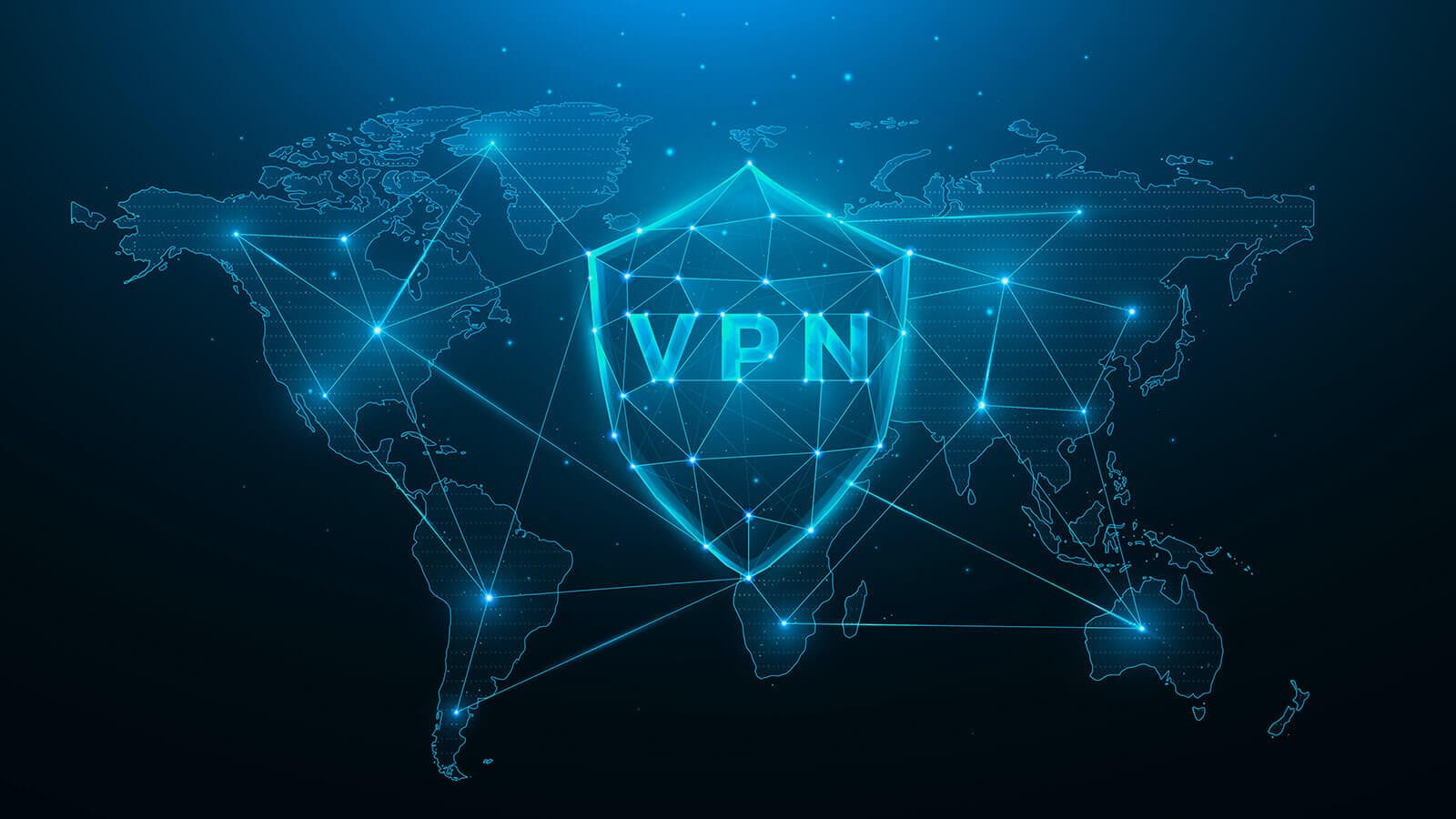In a world of increased remote work opportunities and multiple digital transformation projects, data breaches are happening more frequently. Furthermore, access to the internet has become essential for modern commerce and businesses, yet many companies remain completely unprepared for breaches and underestimate the volume of data that can be exposed by a cyberattack. However, it can be surprisingly easy to protect your business from a vast number of cyberattacks with one simple piece of technology: A business VPN.
A business VPN is a virtual private network designed for businesses. It allows remote employees to securely access a company’s internal networks or intranet and can be used to create a unique shared network between employees and offices across multiple locations. The goal of a business VPN is to prevent the exposure of sensitive company data to the internet.
Business VPNs are considered essential for any company that has some form of online digital workflow, internal communication system, or remote workforce that needs access to a central database containing sensitive data.

Different types of business VPNs
- Remote Access VPN
A Remote Access VPN establishes a connection between individual users and a remote network – usually the company’s internal network.
- Site-to-site VPN
Site-to-site VPNs create a single virtual network shared by multiple office locations, each of which may have multiple individual users. In this model, the VPN client is hosted on the local network of each office, not on the devices of individual users. This way, users at each office location can access the shared network without using a separate VPN client. However, if they leave the office, they lose access to this network.
Advantages of business VPNs:
- Affordable security solutions – VPNs offer a low-cost security option compared to hardware firewalls and intrusion prevention software.
- Efficient data flows – Businesses can experience data throttling just like individuals. Corporate internet service providers can limit connection speeds or allocate bandwidth beyond a certain level. When using a VPN, this is much less likely to occur.
- Secure connectivity for remote work – Employees are free to be as productive as possible, no matter what Wi-Fi network they need to use. They can upload and download critical files in airport lounges or on public transport and stay connected while traveling without worrying about security.
- Flexible security for every device and configuration – Companies can add VPN to multiple devices when needed. Employees can enjoy the same security protection on laptops, tablets, and smartphones. With VPN protection, security is adaptable to meet any situation.
- Easy Support and Maintenance – With VPNs, server management is delegated to third-party providers. VPN services maintain the servers and ensure security — a more time-efficient option for smaller companies. Third-party management will also reduce support costs.

